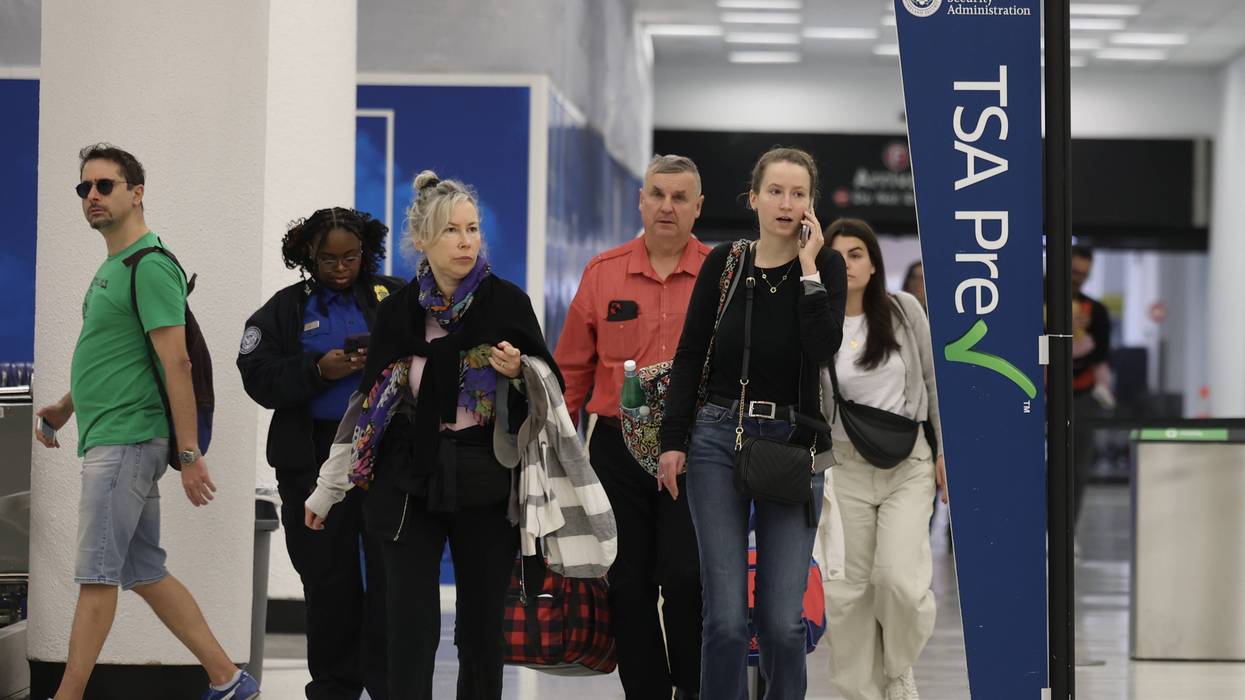The Nuclear Regulatory Commission (NRC) today formally denied a petition originally submitted by Nuclear Information and Resource Service (NIRS) and 37 co-petitioners to make modest improvements in emergency planning for nuclear reactor accidents.
The petition for rulemaking, submitted February 15, 2012, called for increasing the size of the existing Emergency Planning Zone around commercial nuclear reactors from 10 to 25 miles, establishing a new zone but with less stringent requirements from 25-50 miles around reactors, expanding the existing Ingestion Pathway zone from 50 to 100 miles, and requiring existing biannual emergency training exercises to include scenarios involving initiating or concurrent regionally appropriate natural disasters. 3,281 people asked the NRC to consider them co-petitioners, and there were a total of 5,993 comments on the proposal. 5,953 of those comments supported the petition. The NRC denied the petition in its entirety.
"The NRC has failed the American people," said Michael Mariotte, President of NIRS. "Rather than learn from Fukushima and act appropriately to protect the public, the agency has chosen to protect the nuclear power industry yet again. The agency claims the evacuation at Fukushima was a success--yet it took more than three weeks for Japan to fully evacuate the most contaminated areas. Moreover, as we pointed out in our petition, Japan was spared a far worse disaster only because 80% of the airborne radiation released at Fukushima--and nearly 100% in the first critical days--never went over land. Instead it was sent by the wind directly over the Pacific Ocean. The United States should not have to rely on favorable wind patterns as an emergency response measure."
The petition was based on the real world experiences of Fukushima and Chernobyl, where toxic radiation spread far beyond 10 miles and has resulted in the creation of uninhabitable regions much larger than a ten mile radius as well. NIRS argued that the NRC's regulations are based on computer models more than actual events, that delayed evacuations at both Fukushima and Chernobyl unnecessarily endangered people and the existing regulations would likely lead to similar delays, that evacuation criteria are unrealistically based on slow-developing accidents, and numerous other issues. The petition can be read at https://www.nirs.org/reactorwatch/emergency/petitionforrulemaking22012.p...
NIRS' Acting Executive Director Tim Judson said, "Effective, realistic emergency planning is literally the last line of protection for the public in a nuclear accident. Unfortunately, NRC's decision today is based more on science fiction than on real-world experience. Over the last thirty-five years, five nuclear reactors have had catastrophic accidents, all requiring evacuations, and four involving massive releases of radiation that have left large areas of land unsafe for human habitation. The Chernobyl and Fukushima accidents required much larger evacuations and emergency response measures than nuclear power stations and state and local governments in the United States are currently prepared for. NRC's decision indicates it would rather the American public not think about a nuclear emergency until it happens. That may be a good public relations ploy for atomic power, but it does nothing to protect the millions of Americans living near a nuclear reactor."
The Ingestion Pathway zone is meant to protect against the distribution of contaminated water, milk and other food. At both Fukushima and Chernobyl, such basic elements of life were interdicted from well over 100 miles away (in Chernobyl's case, more than 1,000 miles); yet the NRC insists with little rationale that its 50-mile zone is adequate.
Indeed, the NRC's denial is little more than a series of assertions that its present 10-mile zone is adequate and can be expanded quickly in an actual accident if necessary. "Emergency preparedness means just that: like the Boy Scouts, it means 'Be Prepared,'" said Mariotte. "But the NRC's approach is 'don't worry, be happy; if we need to be better prepared in the midst of a nuclear accident, we'll manage.' That approach is callous and indefensible."
Mariotte said NIRS has not decided whether to appeal the denial to the courts, but noted that several Congressmembers have expressed interest in the issue and at least two bills already have been introduced to expand emergency planning zones.
The NRC also asserted, without providing documentation, that existing emergency exercises already do include scenarios involving natural disasters. NIRS has asked the NRC to provide documentation of that--especially of scenarios involving initiating or concurrent earthquakes (the fundamental cause of the Fukushima disaster), and will make that information public upon receipt.
The NRC's decision is available here: https://www.federalregister.gov/articles/2014/04/09/2014-07981/emergenc...
This press release is available here: https://www.nirs.org/reactorwatch/emergency/epzpressrelease4914.pdf




